Generation Greta: Meet the young British women leading the climate fight ahead of Cop26
Colin Drury meets four remarkable activists dedicating their youth to saving the world

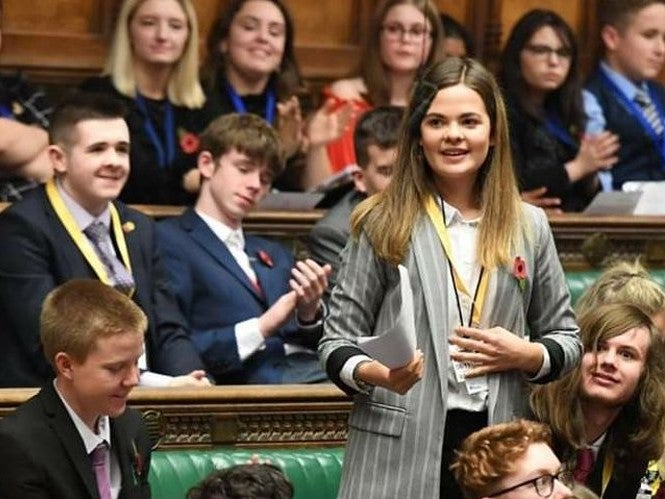
Your support helps us to tell the story
From reproductive rights to climate change to Big Tech, The Independent is on the ground when the story is developing. Whether it's investigating the financials of Elon Musk's pro-Trump PAC or producing our latest documentary, 'The A Word', which shines a light on the American women fighting for reproductive rights, we know how important it is to parse out the facts from the messaging.
At such a critical moment in US history, we need reporters on the ground. Your donation allows us to keep sending journalists to speak to both sides of the story.
The Independent is trusted by Americans across the entire political spectrum. And unlike many other quality news outlets, we choose not to lock Americans out of our reporting and analysis with paywalls. We believe quality journalism should be available to everyone, paid for by those who can afford it.
Your support makes all the difference.She is the Swedish teenager who helped put the climate crisis at the top of the world’s agenda, inspired millions of school children to fight for their futures and, just for good measure, put the boot into Donald Trump.
Greta Thunberg has arguably done more than anyone else on planet Earth to drive forward ecological action. But she is not alone.
Teenagers across the world have put themselves front and centre in the fight against climate change over the last two years. They have done so, essentially, because they felt adults had squandered their opportunity.
Now, in the run-up to Cop26, The Independent meets four of the most remarkable UK youngsters dedicating their youths to saving the world.
They may demur at the title but these are the British Gretas…
The School Strike Organiser
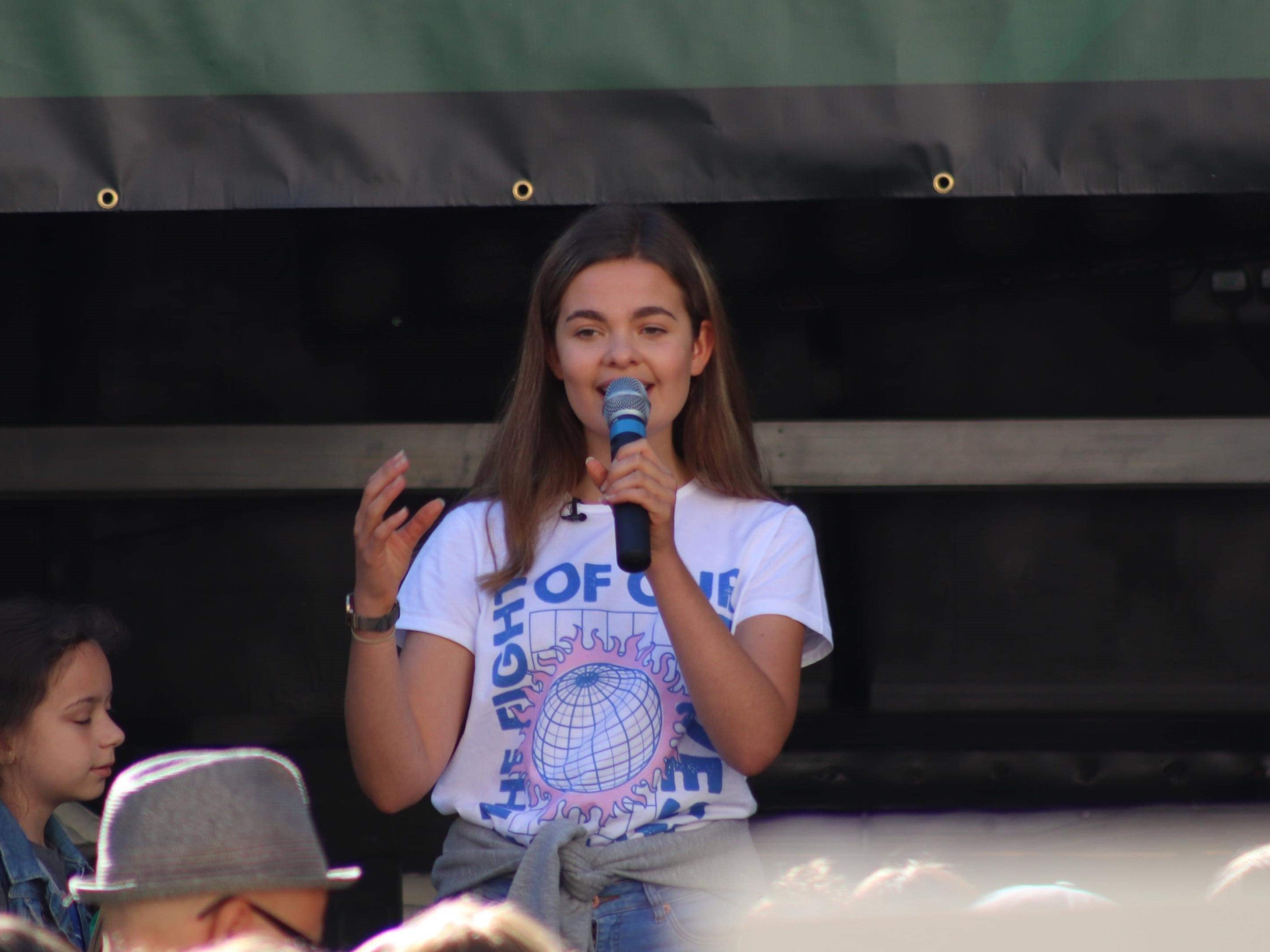
Emma Greenwood was just 11 when the pub in her home village of Ramsbottom, Bury, was destroyed during the unprecedented floods of Christmas 2015.
“That’s when the threat was really brought home to me,” she says. “Realising places I loved might not be here when I was older, it really scared me.”
Four years later, aged 15, she stood on a stage in Manchester’s famed St Peter’s Square speaking to 10,000 people at the city’s biggest ever climate rally, which she herself had organised.
“It was amazing,” the now 17-year-old says of that moment on 20 September 2019. “St Peter’s Square has been home to so many historic social movements and to become part of that history was surreal.”
Just seven months earlier, two young mothers had organised Manchester’s original Friday school strike. Greenwood had gone along, ended up speaking, and had so impressed those two mums they asked her to take over organisational duties for future rallies.
“I was like, ‘Me? Really? Yeah, sure’,” she remembers today.
Since then, this daughter of two civil servants has grown into a leading light in Gen Z’s climate fight. As well as continuing to organise Manchester strikes (before coronavirus rather paused things), she has become a digital outreach coordinator for the Fridays For Future movement and raised environmental issues in the UK Youth Parliament where she sits as a MYP for Bury.
She has spoken at an array of conferences, has the ear of Greater Manchester Mayor Andy Burnham and is now campaigning for – and working on the logistics of – greater youth involvement at Cop26. All while moving into the second year of her A-levels.
Does she ever relax? “Well, climate justice is my passion and my hobby rolled into one,” she replies. “I love spending my time on this.”
The Live Aid-style Concert Organiser
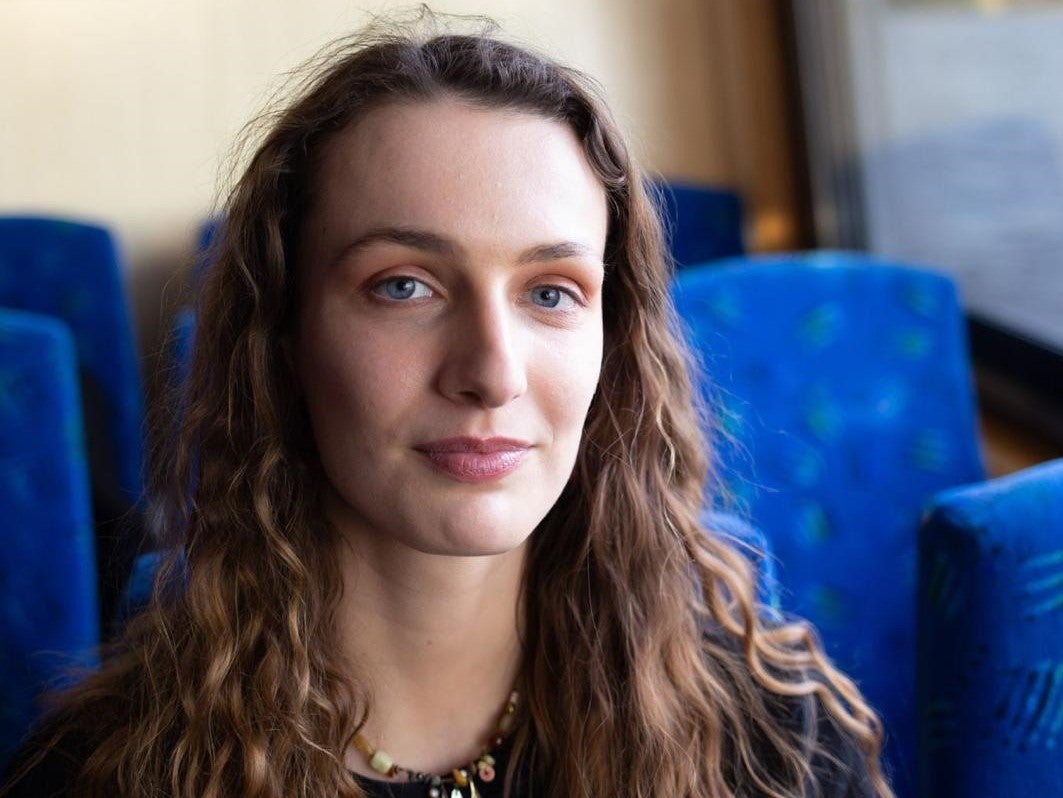
Suggest to Frances Fox she might be the new Bob Geldof and a somewhat non-committal reply is forthcoming: “Hmmm,” she replies.
The 20-year-old environmental science student from Bath is the unlikely brains behind what may go down as the single most important gig of all time.
Climate Live will be a sort of Live Aid for the ecological crisis: it promises some of the world’s best-loved artists performing at 40 (environmentally friendly) synchronised shows across the planet on Saturday 16 October.
While the line-up and locations remain a closely guarded secret, a launch show in April featured Declan McKenna performing in front of parliament and Greta Thunberg speaking out in support. “She’s been so nice,” says Fox, who’s on messaging terms with the Swedish icon. “She’s lovely.”
Fox herself came up with her idea in spring 2019 while still in sixth form.
She’d read an interview where Brian May said there should be a global concert to generate even greater support for climate action and decided, since no-one else was organising one, she might as well. Thus, after assuring her parents that arranging one of the planet’s most ambitious ever shows wouldn’t interfere with exams, she set to work.
“It snowballed from there,” she says. “I ended up having to take a year out to work on it.”
She already had plenty of eco-contacts through prior involvement with school strikes but was soon generating interest from bands and musicians keen to be involved. The most surreal moment? When her favourite artist got in touch asking to perform. “I’ve been listening to them since I was like eight and now they’re playing my gig,” she says. “I’ve been trying not to be a fan girl but it was pretty wild.”
Key to the shows – which have a ‘no fly’ rule for bands – is providing climate justice groups with a mega-platform. “We want to show the leaders at Cop26 that this is a global movement supported by millions of people,” says Fox. “It has never been more important they listen and act.”
The Global Connector
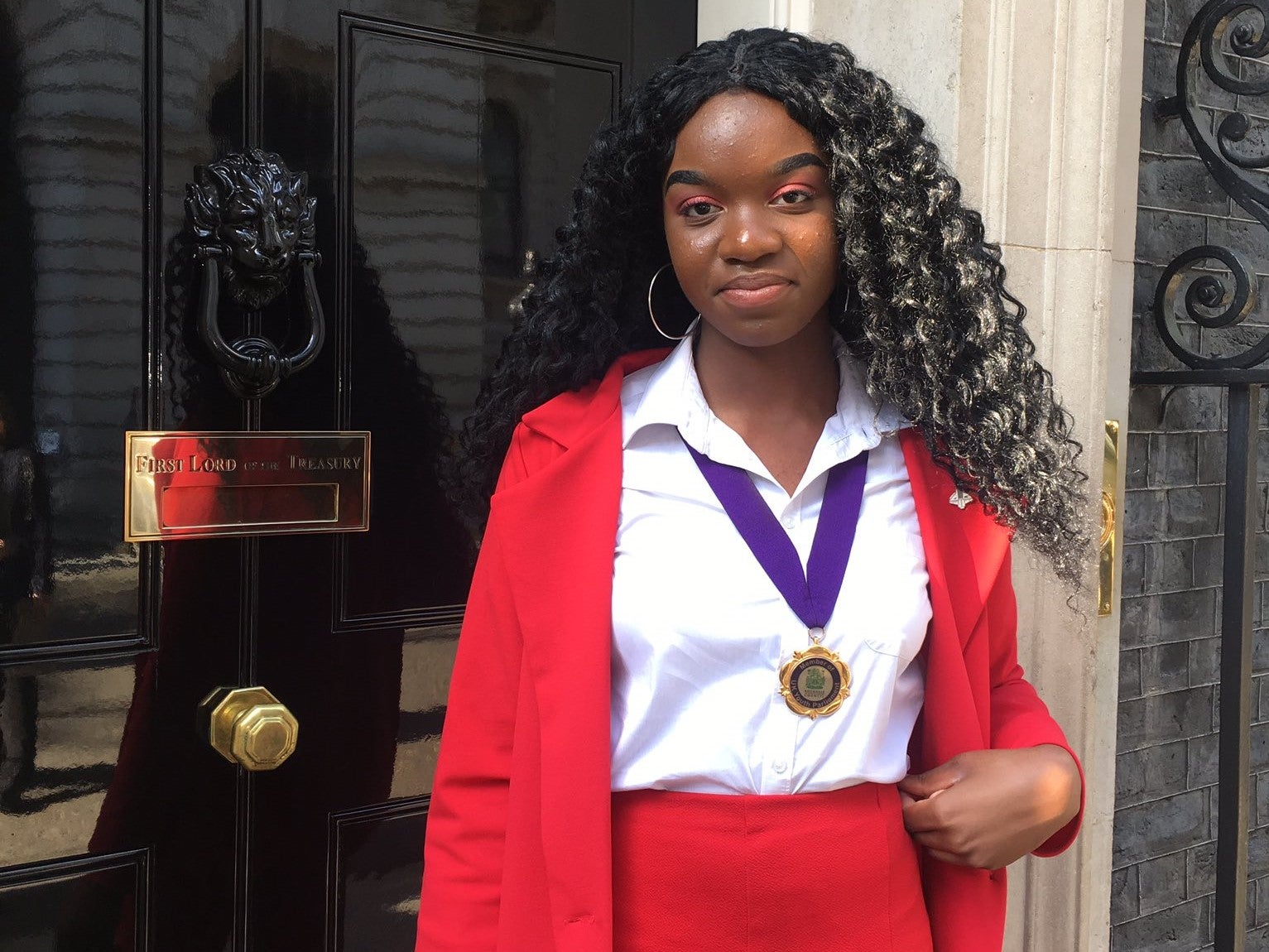
One of the earliest things Anita Okunde noticed when she first got involved with climate activism aged 14 was, she says, that so few people were talking about the impact of the ecological crisis on the developing world.
“The global south will suffer the most as a result of climate change,” she says today. “I just felt it was strange that those voices weren’t being represented. To me, it’s so important they’re at the forefront of any solutions.”
As such, she set about first helping link her local student strike groups in Manchester with indigenous people from around the world; then doing the same for other UK networks.
Working with Fridays For Future Digital, the 17-year-old who is originally from Ireland but now lives in Rochdale, organised a virtual conference where seven indigenous people from the across the planet – including the Philippines and Colombia – spoke about how climate change was affecting them and, crucially, what they felt should be done about it.
If numbers attending were in the dozens rather than hundreds, the session in August 2020 did at least add to the growing momentum that the debate needed reframing around racial justice, reckons Okunde.
“It was about offering a platform to communities which continually find themselves marginalised,” says the sixth form student. “I definitely think there is a growing realisation now that the global south needs to be involved in this; and that’s the message I’ll keep pushing. Those are the voices we need in the room at our protests and at Cop26.”
As for Okunde herself, she has no small ambitions when it comes to changing the world in the future. She hopes to study politics, philosophy and economics at Oxford University next year – a first step towards parliament and an ultimate goal of being UN secretary general.
The Education Campaigner
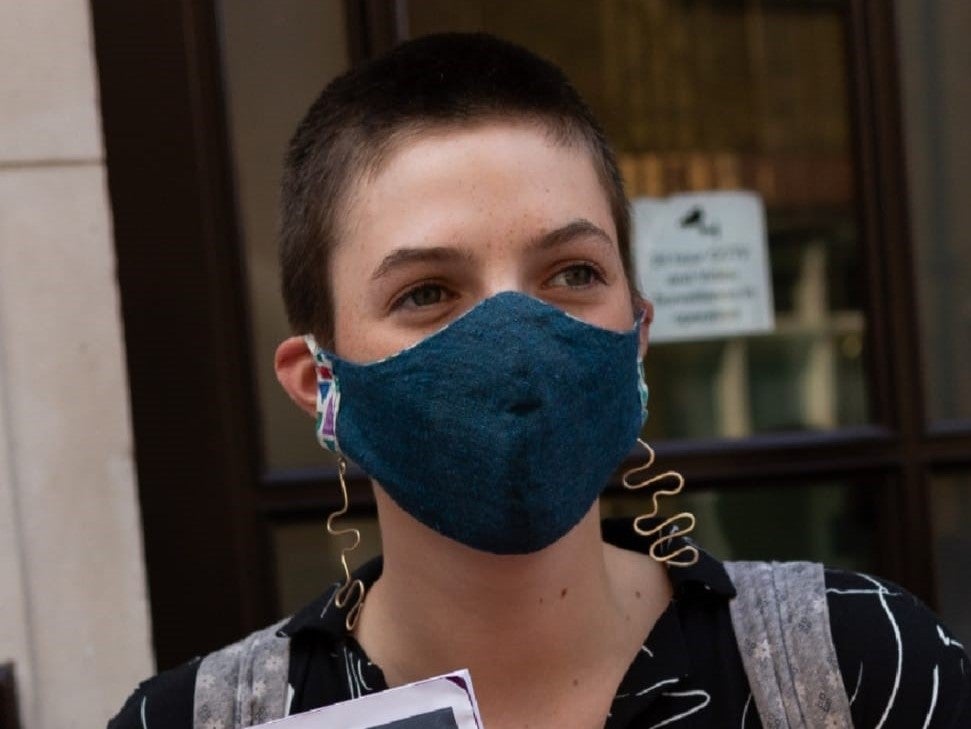
The first time Tess Corcoran went to a climate demonstration it was, by her own admission, partially a social occasion.
“I knew this was a massive global issue, but I don’t think I believed a teenager going to a protest in Edinburgh could change anything,” she says. “I mainly went because my friend wanted to.”
Today, two years on, this 17-year-old is at the very forefront of driving change in her native Scotland.
As a founding member of the Teach The Future movement north of the border, she has been instrumental in pushing for the country’s entire education system to be repurposed around the climate emergency.
Specifically, the group wants the ecological crisis to form a central part of every subject on the national curriculum by September 2022. Pertinently, in a clear sign that they are winning the argument, all four of Scotland’s biggest political parties have committed to making the demands (if not the date) a reality.
“One of the biggest problems is that this is the biggest crisis facing the new generation but most of the time we [young protesters] only knew about it from our own reading,” says the daughter of a speech therapist and electrical engineer.
“The most important job of any education system should be to equip young people with the tools to deal with the future but, when it comes to the most important challenge we’ll face, we’re getting almost nothing. Changing that is crucial.”
The group, she says, is now in regular contact with Holyrood ministers and officials, as they bid to drive through change.
As for Corcoran herself, she has taken a year out to work on the campaign, while volunteering with other projects around her hometown of Kinross. “I couldn’t think of a more important way to spend the next 12 months.”
Join our commenting forum
Join thought-provoking conversations, follow other Independent readers and see their replies
Comments